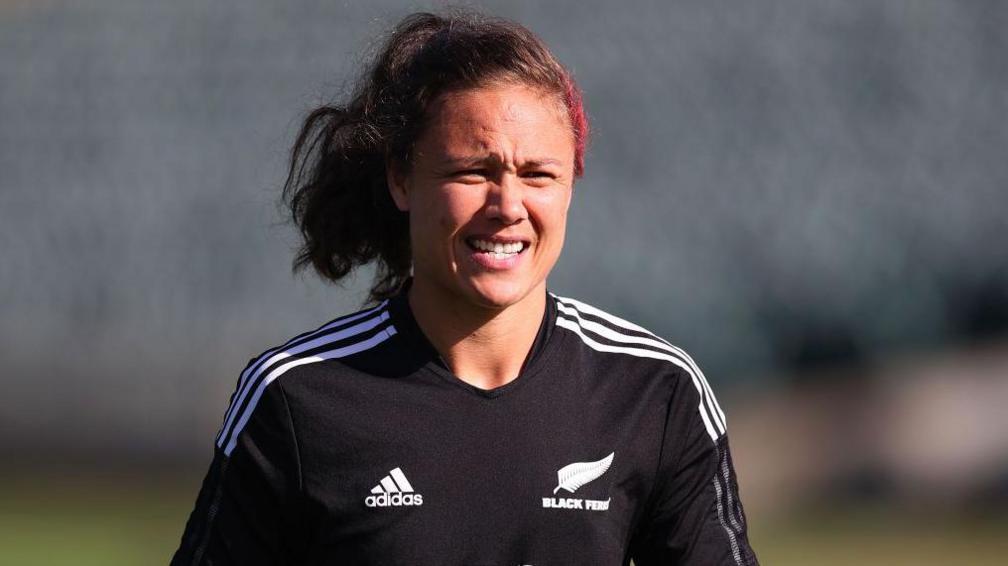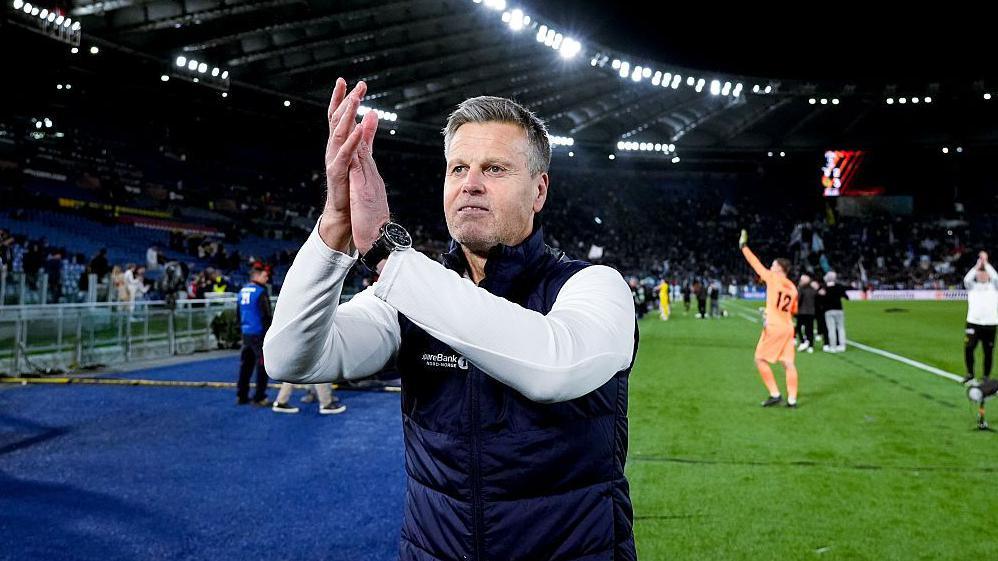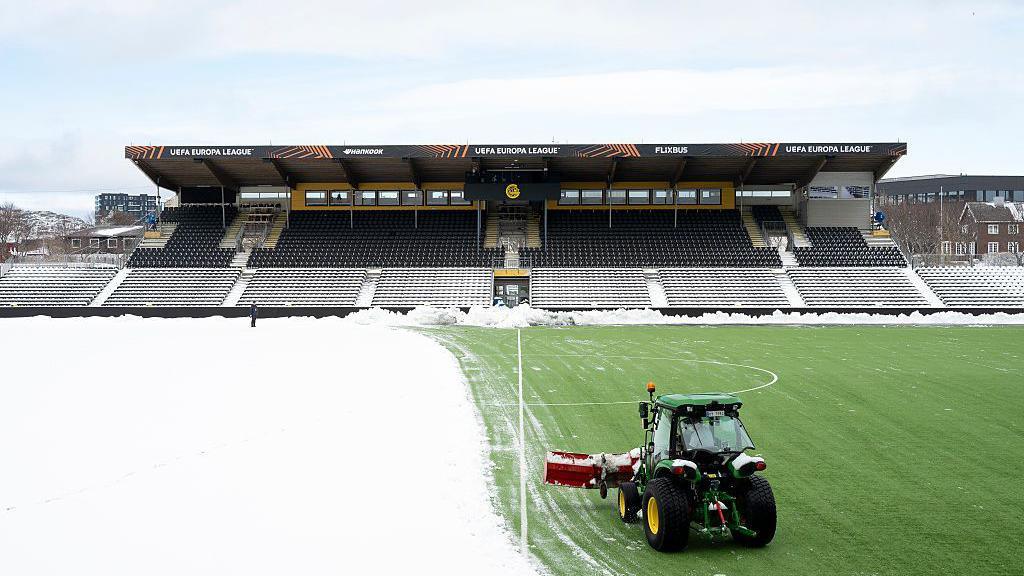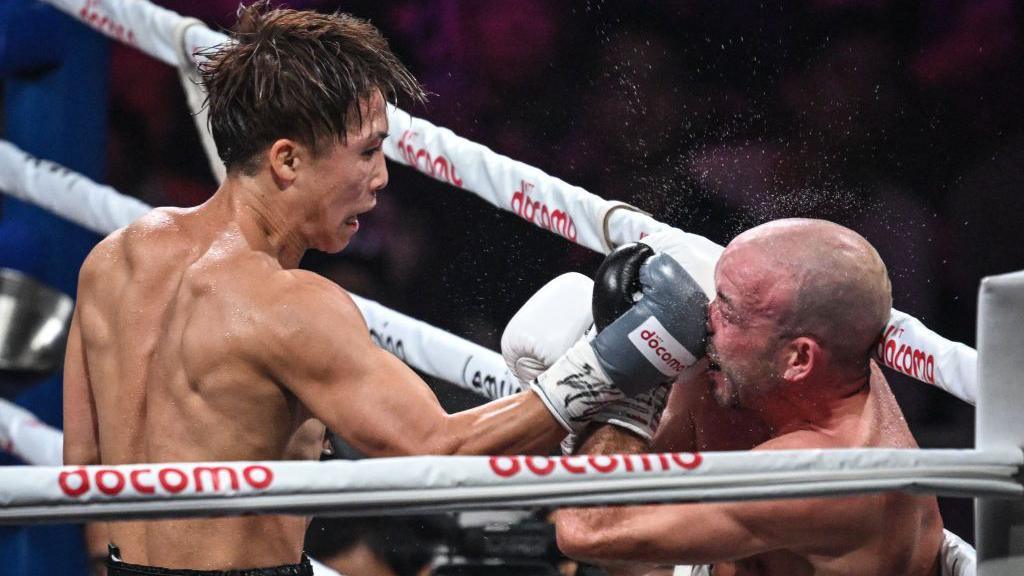Without a doubt, snooker as a whole faces challenges differently than it did in the 1980s and 1990s, when it was at its height in the UK.
There are fewer snooker halls in the country, and there are more leisure opportunities for young people to play video games.
These are issues that professionals in the sport are aware of, even if they are not fatalistic about.
It’s definitely not a dying sport, insists Anne Totten of Scottish Snooker, “It’s just different.”
Totten, whose son Chris suffered a defeat in this year’s World Championship qualifiers, volunteers with the organization to advance the sport.
She attributes the change in how things have changed as a result of the Covid pandemic and the loss of cigarette sponsors.
Cost increases and a lack of core funding are also putting a strain on the budget.
She said, “Our academies were doing really well a few years ago,” Our numbers were tremendously up, and it was on the rise before being hit by Covid.
It was actually 18 months lost and where young people found other things because it was one of the worst-hit sports because of licensing and government reopening times following lockdown.
Totten insists that snooker is still popular and more inclusive than ever in Scotland.
There is a new tour for players from “very diverse backgrounds,” including those over 55s, another for women, and others.
Between 10 and 20 young players play on tours from under 14 to under 21 and some compete across all age groups, with 40 or 50 of the children currently attending junior academies in Scotland.
However, Snooker is gaining popularity internationally and China, with its 1.4 billion population, is at the forefront, with six players making it to the last 16 of Sheffield’s World Championship this year.
Totten says there is talent in Scotland, but the competition makes it harder to do so internationally.
With the likes of Dean Young, Liam Graham, Ross Muir, and Scott Donaldson, Totten said, “I think sometimes it’s overlooked that there is a number of young people coming through in what is really, really fierce competition.”
“The conditions for young people are incredibly challenging.” Even though there are opportunities, there are also opportunities available everywhere, and everyone is competing for a small number of spaces.













